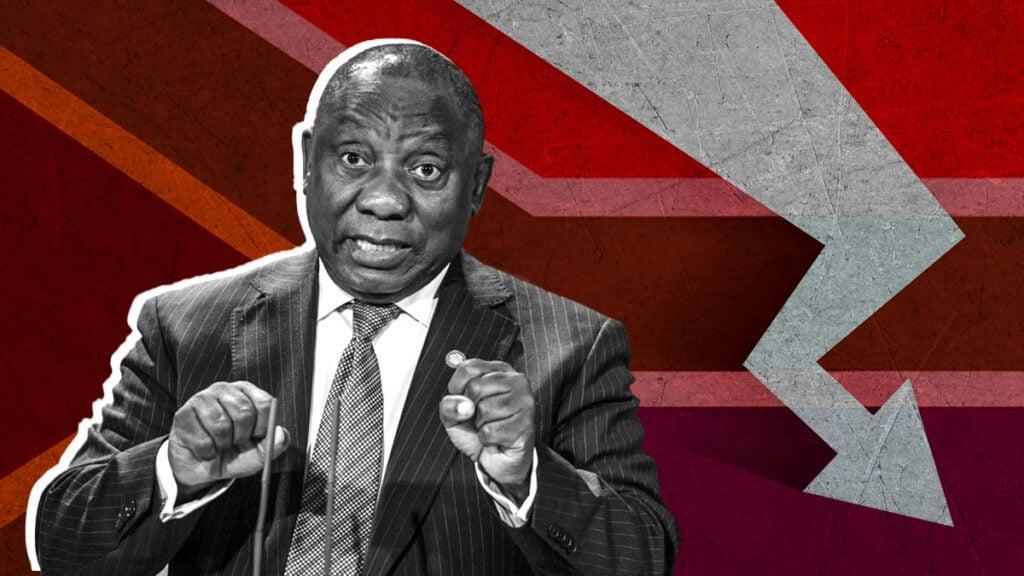Africa-Press – South-Africa. BNP Paribas slashed its economic growth for South Africa because of domestic political uncertainty and US President Donald Trump’s tariff war.
Africa’s most industrialized economy is only expected to expand 1% this year, compared with a previous forecast of 1.6%, Jeffrey Schultz, an economist at BNP Paribas, said in a note.
“We had flagged that an improving domestic fundamental reform agenda in South Africa would likely trump external risks,” he said. “We no longer believe this to be the case.”
A dispute between the two main partners in South Africa’s coalition government — the African National Congress and the Democratic Alliance — over this year’s proposed budget has fractured the alliance and increased uncertainty.
Talks aimed at resolving the impasse will continue in Johannesburg on Saturday.
“None of this, we think, is particularly conducive to a meaningful short-term pick-up in growth in domestic fixed investment, which is already struggling amid low levels of business confidence,” Schultz said.
He also said, “South Africa’s transport and logistics infrastructure now looks unlikely to bear fruit until 2026 given a more complicated regulatory backdrop for Transnet,” the nation’s frayed port and rail operator.
US tariffs further represent a headwind that will deal both a direct and indirect blow to South Africa.
The current effective US tariff on South Africa is close to 11%, with autos and agriculture likely to be the hardest hit industries, according to Schultz. If an initial 30% reciprocal tariff proposed by Trump comes into effect, the effective rate will increase to 16%, he said.
The US tariffs also threaten to dent growth in some of South Africa’s largest trading partners, particularly China.
“South African economic activity will not only be hit an indirect blow through weaker external demand globally, it also faces the direct hit of one of the highest reciprocal tariffs imposed globally — on paper at least — of 30%,” Schultz said.
For More News And Analysis About South-Africa Follow Africa-Press






